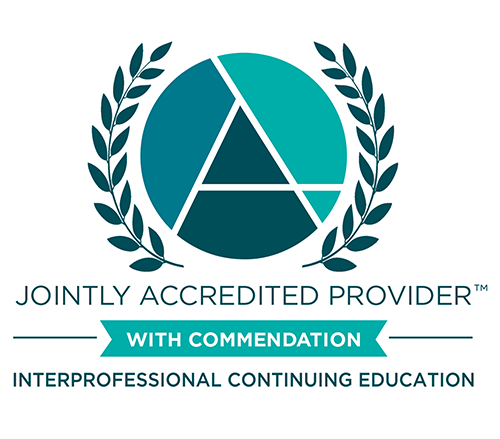Addressing the Wisconsin Syphilis Resurgence
After several decades of low syphilis rates across the nation, syphilis rates have begun to skyrocket across Wisconsin. Known as the "Great Imitator", syphilis has a variety of clinical manifestations and a complex testing algorithm that make it a difficult condition to identify and treat.
As seen in the 1990s, with organized public health efforts and well-trained clinicians, it is possible to drastically reduce syphilis transmission. Wisconsin’s current syphilis epidemic must be viewed as a wakeup call to a treatable issue. Through enhanced screening, treatment, contact tracing, and education, clinicians can provide better treatment for active syphilis cases, and by doing so, prevent future outbreaks.
This activity was created to provide a foundational knowledge of syphilis through case-based modules that can be applied in clinical practice. There are 4 separate courses to choose from that address syphilis care for clinicians in the areas of:
- Primary Care
- Prenatal Care
- Newborn Care
- Emergency Medicine
Learners are welcome to enroll in one or more courses.
ELEMENTS OF COMPETENCE
This continuing education (CE) activity is designed to improve learner competence in the following areas:
- ACGME/ABMS Competencies - Patient care and procedural skills, Medical knowledge, Practice-based learning and improvement
- National Academy of Medicine Competencies - Employ evidence-based practice, Population health, Apply quality improvement
- Interprofessional Education Collaborative Competencies - Roles/Responsibilities, Interprofessional communication
TARGET AUDIENCE
This activity is intended for physicians, physician assistants, and advanced practice registered nurses in different specialty areas which may include:
- Community/Public Health
- Emergency Medicine
- Family Practice
- General Practice
- Internal Medicine
- Obstetrics/Gynecology
- Neonatology
- Pediatric Medicine
- Preventive Medicine
- Women's Health
| Syphilis Care for Primary Care Clinicians - Learning Objectives |
|
| Syphilis Care for Prenatal Clinicians - Learning Objectives |
|
| Syphilis Care for Newborn Clinicians - Learning Objectives |
|
| Syphilis Care for Emergency Medicine Clinicians - Learning Objectives |
|
| Jessica Dalby, MD Associate Professor University of Wisconsin-Madison School of Medicine and Public Health | Helena Reising | Monica Kramer Medical Student University of Wisconsin-Madison School of Medicine and Public Health |
| Joel Hill, PA-C University of Wisconsin-Madison School of Medicine and Public Health | Stacy Leidel, PhD, FNP-BC, APNP Nurse Practitioner/Site Lead UW-Health | Grace Leonard, EdM University of Wisconsin-Madison School of Medicine and Public Health ICEP staff |
See individual courses for disclosures
 | In support of improving patient care, the University of Wisconsin–Madison ICEP is jointly accredited by the Accreditation Council for Continuing Medical Education (ACCME), the Accreditation Council for Pharmacy Education (ACPE), and the American Nurses Credentialing Center (ANCC) to provide continuing education for the healthcare team. |
Please see individual courses for credit designation.

 Facebook
Facebook X
X LinkedIn
LinkedIn Forward
Forward